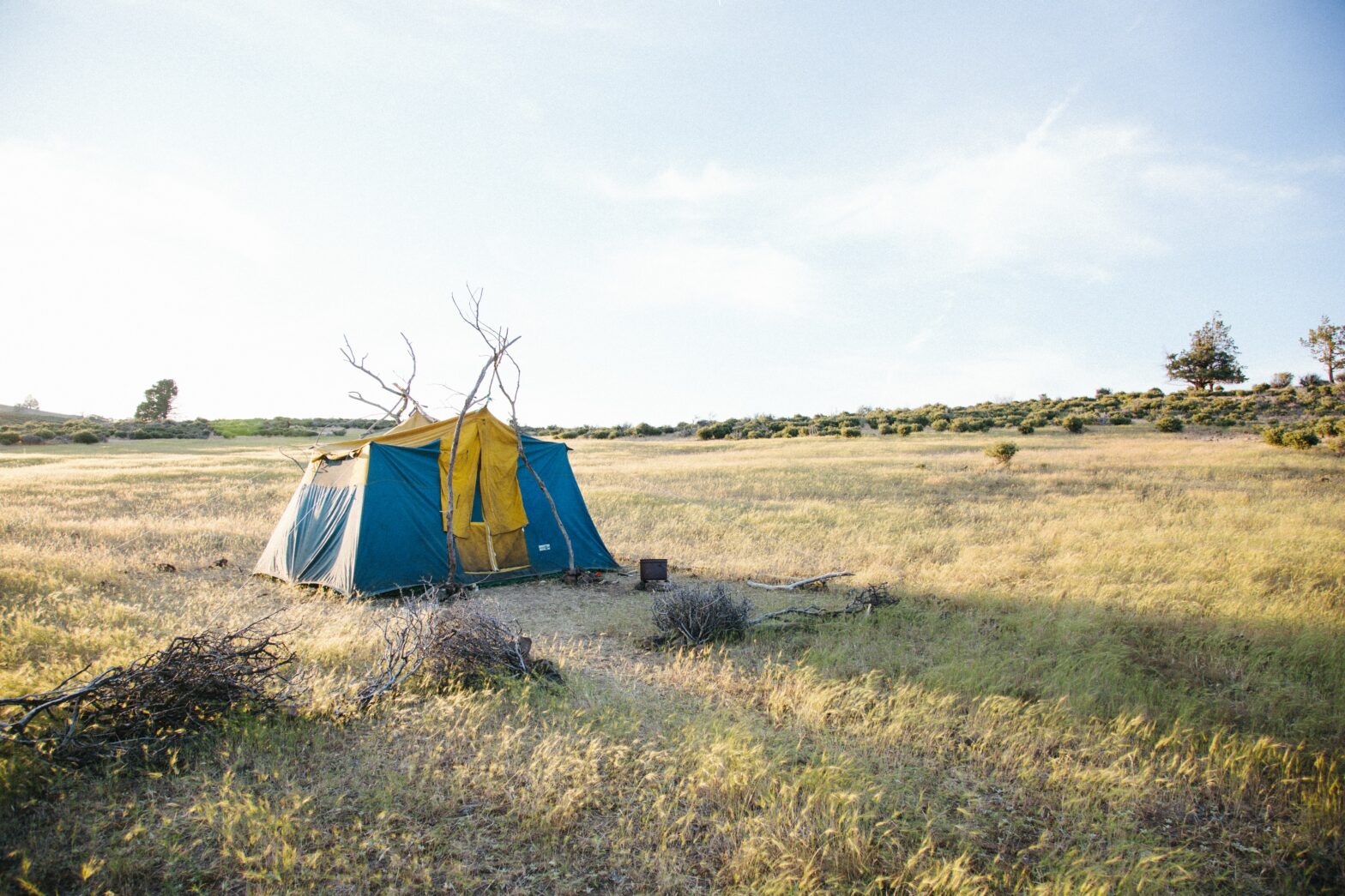If you own or you’re planning to purchase recreational land, you should ask yourself several questions. Probably what remains atop everybody’s mind is if they can live on recreational land. You should also evaluate how long you can live on the land and whether you can stay there all year round. Unfortunately, there’s no perfect answer to all these uncertainties.
Cities across the U.S. and Canada have restrictions that guard recreational land use. Before you buy or build on recreational land, you should do due diligence to ascertain various issues. Below are a few things you should consider:
1. Zoning Considerations
You should understand the land-use regulations and zoning laws specific to your state. U.S. real estate is regulated by various land use and zoning laws and regulations. Land control is primarily a provincial responsibility, and municipalities have zoning laws guiding land use. Zoning laws determine how land should be developed and the intended purpose.
Permanent structures can’t be built on land zoned for recreational use. However, different areas have varying meanings for recreational land. Nonetheless, you can’t live permanently on the land set aside by zoning laws for recreational purposes. In some states, you can’t camp or park a mobile home for more than a given period.
For instance, most states allow the public to construct a 500-square-foot cabin for fishing or hunting on lakefront recreational land. However, you can’t live there for more than four months a year. You can’t park your mobile home or RV for more than four months. While you can build a permanent cabin, you can’t use it as your primary residence.
Note that different municipalities have varying definitions of recreational zoning. Read Florida’s fine print, inquire extensively, and consult professionals before buying or constructing a structure on recreational land.
2. Can Recreational Land be Rezoned?
It is exciting to note that you can build on recreational land permanently by having it rezoned. In some cases, you can find a perfect spot of land for development that has been zoned for recreational use. You might have also built a structure on the land but can’t reside on the building permanently. Rezoning recreational land is possible through zoning variance, special use permits or changing zoning designations.
- Special use permit: It allows interested recreational land owners to use the zoned land in a way that wouldn’t be permitted normally. This permit automatically expires when you sell the land. For instance, if you received a permit to build a structure on recreational land, the next owner won’t be allowed to maintain the structure after buying the land.
- Zoning variance: This permits landowners to use recreationally zoned land in a way that violates the local zoning codes.
- Rezoning: This is probably the most difficult and lengthy process because government officials have already determined the best use cases for land in all areas. Because zoning was already done, the chances of changing the decision made by local officials are minimal. Changes in zoning laws are also subject to scrutiny from higher government agencies.
3. Access to Electricity, Water, and Other Amenities
Even if you are permitted to construct on recreational land, you should consider the following:
- Electricity: Most recreational lands have minimal electrical connections. If conventional power lines don’t cross the property, you’ll invest significantly to extend electrical lines and poles into your building. Alternatively, you may consider off-grid power sources, such as wind and solar options, which depend on the feasibility of these sources in your region.
- Water: Clean drinking water is crucial for survival. Most recreational lands depend on shared water sources. Relying on a shared water supply might not be feasible, especially if you have an approved special use permit. As such, you should consider digging a well. Confirm if the zoning laws permit diffing of wells in the property.
- Other everyday conveniences: You should also consider proximity to daily conveniences before building on recreational zoned land. This includes access to restaurants, public transport, grocery stores, emergency medical services, and other amenities.
4. Tax Challenges
Taxes are an important part of buying and selling real estate properties, especially if you want to change your primary residence to recreational land. Homeowners typically get tax breaks or relief when they sell their primary residence. According to the IRS guidelines, the first $250,000 ($500,000 for married homeowners) of capital gains is exempted.
However, citizens are only allowed to have one designated primary residence. Individuals with multiple properties should be wary of the tax implications of designating a recreational property as the primary residence. While you can enjoy tax breaks after selling your recreational property (if designated the primary residence), you can’t enjoy the same with your other properties. Before converting your recreational property into a primary residence, know that you’ll face significant tax liabilities on capital gains by other properties.
Should You Buy Recreational Land?
Buying recreational land from cash land buyers and sellers is a viable investment for the following reasons:
- It helps keep your money safe: Recreational land rarely depreciates in value. Instead, its value appreciates over time, making it an excellent investment to keep your money.
- Buying is less stressful: While all real estate investments are good, they come with significant challenges. For instance, buying rental property requires uptight management. Unlike rentals, where you should take care of tenants, leaking roofs, and other repairs, you only need to maintain recreational land.
Endnote: Can You Live on Recreational Land?
Ideally, land zoned for recreational use has guidelines that dictate how it can be used for residential purposes. This includes restrictions on the type and size of building permitted, limits on the number of days you can live in the property every year, and more. While you can rezone and relocate to recreational land, the process is challenging because of the sensitivity of recreational land usage.

